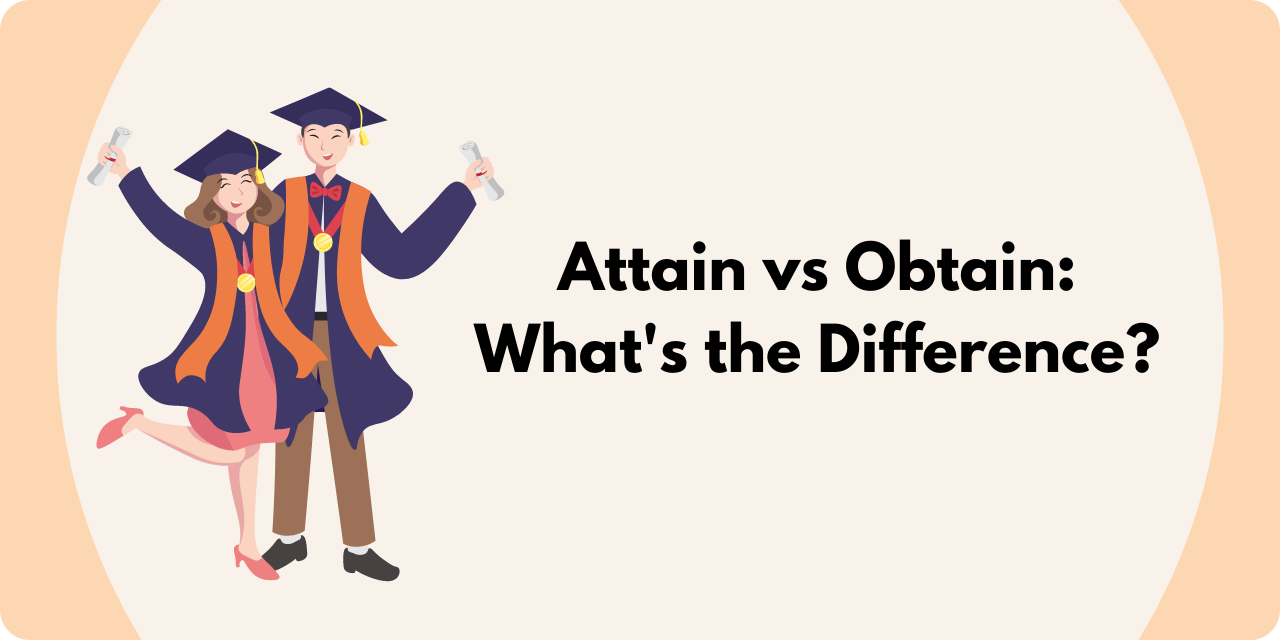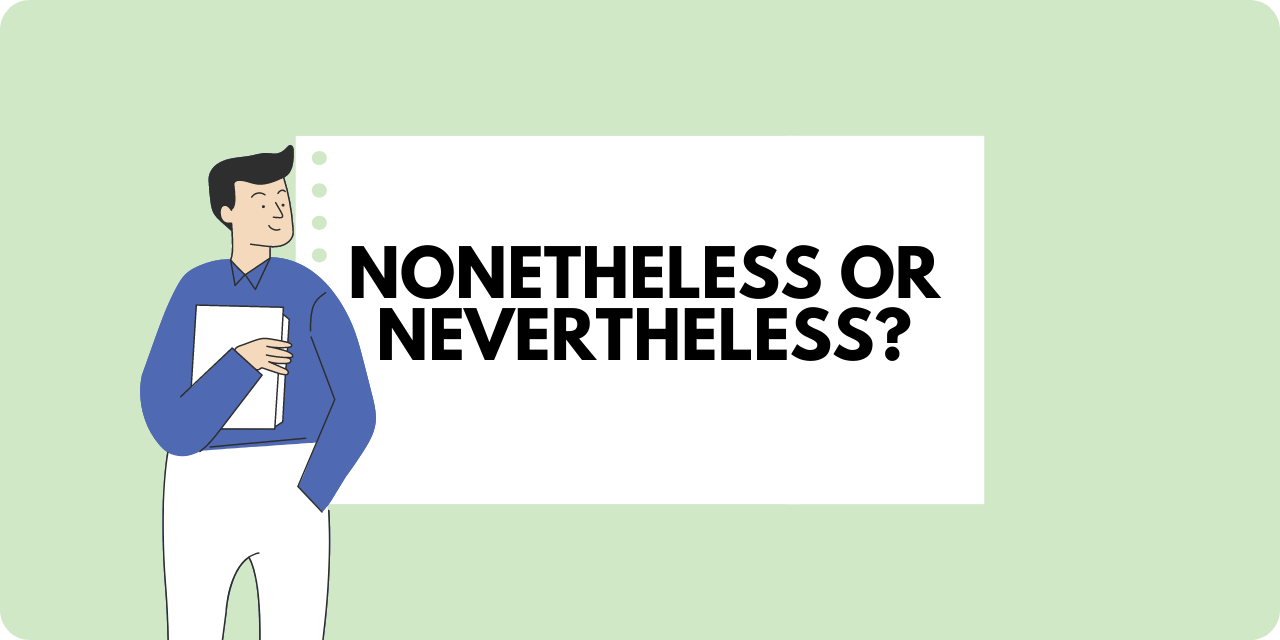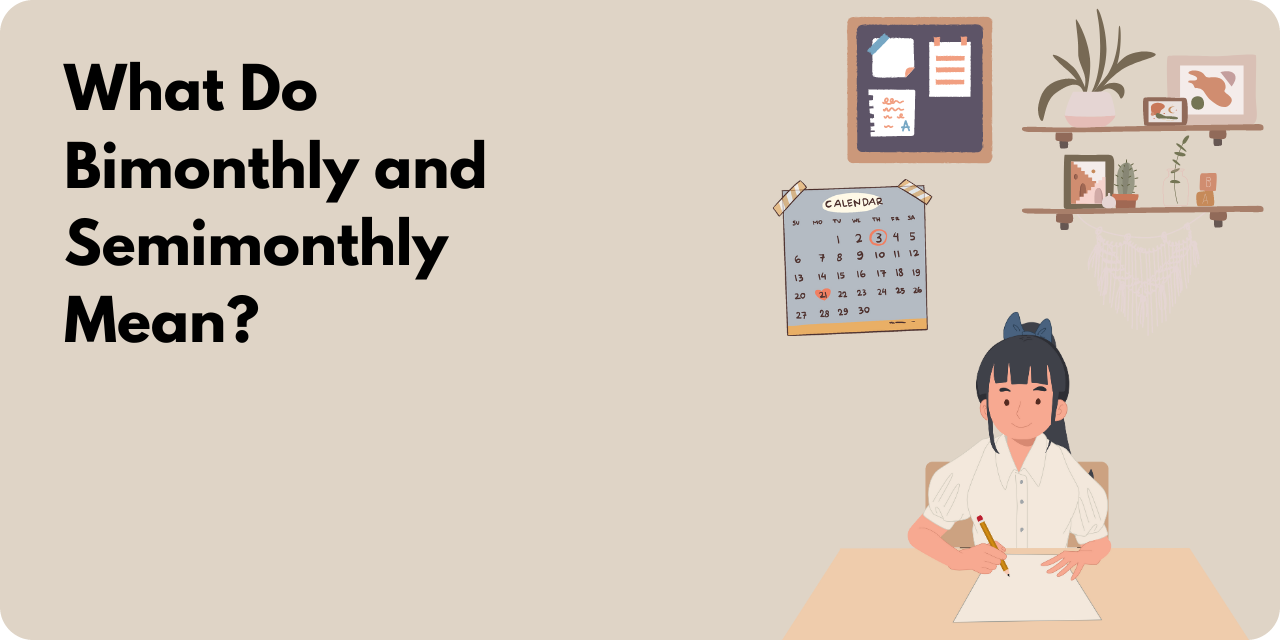Every once in a while I find a communication habit I would really like other people to break. Here’s one: the use of the former and the latter.
Every time I hear or read “the former . . . the latter” I have to rethink or reread what has been communicated. Here’s a written example:
The presenter recommended that we break our habit of “I listening” and start “E-A-R listening” if we want to be successful with our audience. The former is when it’s all about us, the speaker. The latter calls for us to explore, acknowledge, and respond to the other person’s concerns.
My favorite business writing reference book, The Gregg Reference Manual, even gives an example of the proper use of former and latter:
This item is available in wool and in Dacron, but I prefer the former.
Although I do love wool, I prefer that it be referred to as wool–not as “the former.”
I know that I am a slow, careful reader. It takes me several evenings to read even a mystery I am excited about. Still, I don’t expect business writers to slow me down further by compelling me to retrace my steps to confirm which is “the former” and which “the latter.”
I would prefer this simple, straightforward way of communicating, which works for both fast and slow readers:
The presenter recommended that we break our habit of “I listening” and start “E-A-R listening” if we want to be successful with our audience. “I listening” is when it’s all about us, the speaker. “E-A-R listening” calls for us to explore, acknowledge, and respond to the other person’s concerns.
This item is available in wool and in Dacron, but I prefer wool.
I believe my examples illustrate that repetition makes the writer’s meaning clear and more memorable. Especially if you are communicating globally, why force people who read English in translation to go back over what they have just read in search of the former and the latter item?
As a business writer, you can use former and latter or you can repeat your terms for quick, clear communication.






